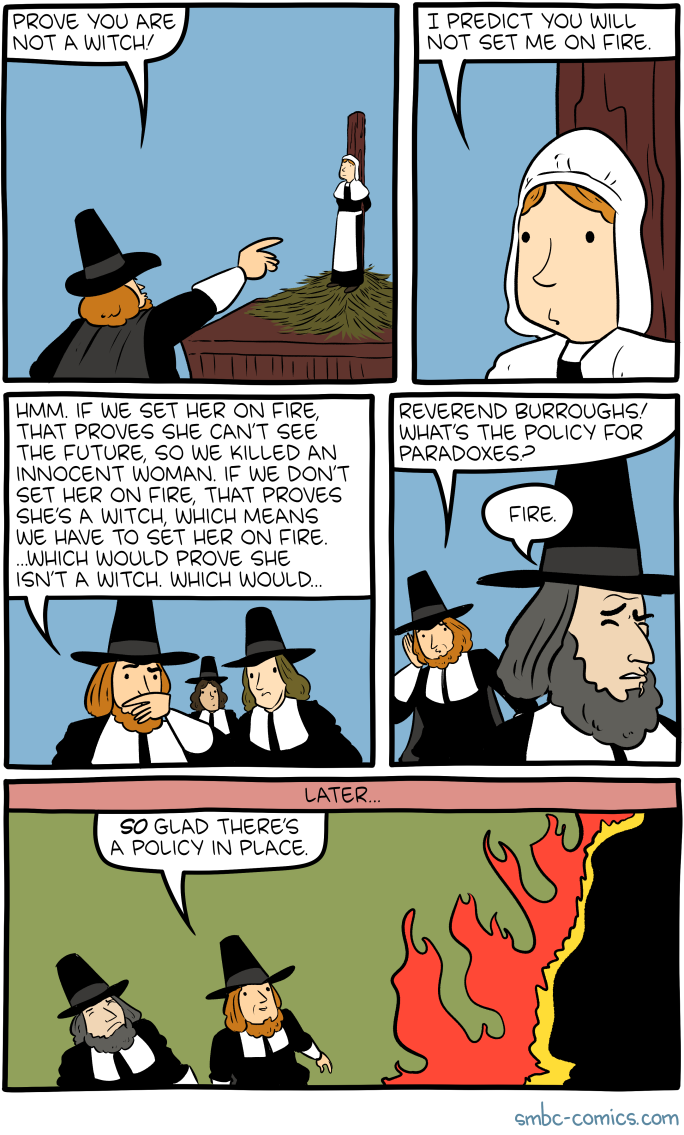Sunday, 3 October 2021 - 1:43pm
This week, I have been mostly reading:
- File not found: A generation that grew up with Google is forcing professors to rethink their lesson plans — Monica Chin in the Verge:
Catherine Garland, an astrophysicist, started seeing the problem in 2017. She was teaching an engineering course, and her students were using simulation software to model turbines for jet engines. She’d laid out the assignment clearly, but student after student was calling her over for help. They were all getting the same error message: The program couldn’t find their files. Garland thought it would be an easy fix. She asked each student where they’d saved their project. Could they be on the desktop? Perhaps in the shared drive? But over and over, she was met with confusion. “What are you talking about?” multiple students inquired. Not only did they not know where their files were saved — they didn’t understand the question. Gradually, Garland came to the same realization that many of her fellow educators have reached in the past four years: the concept of file folders and directories, essential to previous generations’ understanding of computers, is gibberish to many modern students.
- The 'fetal heartbeat' that defines Texas' new abortion laws doesn't exist, say doctors — Bethany Dawson, Business Insider:
Heartbeats in humans produce thump-thump sounds caused by the opening and closing of the heart's valves. However, in conversation with NPR, Dr. Nisha Verma, an OB-GYN who specializes in abortion care and works at the American College of Obstetricians and Gynecologists, says that that heartbeat doesn't exist in 6-week old fetuses. "At six weeks of gestation, those valves don't exist," she told the news site. In fact, it takes about 9-10 weeks for these valves to form.
- America dumbs down freedom, with disastrous consequences — Rob Schofield at NC Policy Watch:
There are obviously many factors at play in the pandemic of gun violence that plagues our nation, but at the heart of the matter is the simple fact that we are drowning in an ocean of poorly regulated, easy-to-access firearms. And this fact, in turn, is the undeniable byproduct of the modern gun lobby’s huge success in muddling and altering American understandings of “freedom,” so that a concept that traditionally connoted and implicated important ideas like responsibility and citizenship in addition to personal liberty, now for many means little more than “license” – the right to do pretty much whatever the hell one wants. A similar pattern is clearly at play in the COVID-19 pandemic. A half century ago, the idea of mass resistance to public health vaccinations was largely unthinkable and rightfully dismissed by most Americans as akin to the paranoid claims of the lunatic fringe in equating water fluoridation with totalitarianism. This acceptance did not arise because vaccination was risk-free. While most people were thankful for the personal health benefits they and their children would likely enjoy from vaccination, there was also a common understanding that vaccination was a public duty – a small sacrifice that one made as an act of citizenship in a free society. Today, after decades of well-funded, anti-government propaganda from the far right, a sizable chunk of the population rejects the citizenship component of freedom and our morgues and hospital ICU’s offer stark testimony to the impact of the shift.
- Saturday Morning Breakfast Cereal — by Zach Weinersmith:

- Troll farms reached 140 million Americans a month on Facebook before 2020 election, internal report shows — Karen Hao in MIT Technology Review:
In the run-up to the 2020 election, the most highly contested in US history, Facebook’s most popular pages for Christian and Black American content were being run by Eastern European troll farms. These pages were part of a larger network that collectively reached nearly half of all Americans, according to an internal company report, and achieved that reach not through user choice but primarily as a result of Facebook’s own platform design and engagement-hungry algorithm. […] “Instead of users choosing to receive content from these actors, it is our platform that is choosing to give [these troll farms] an enormous reach,” wrote the report’s author, Jeff Allen, a former senior-level data scientist at Facebook.
- Bad News: Selling the story of disinformation — Joseph Bernstein in Harpers:
The content giants—Facebook, Twitter, Google—have tried for years to leverage the credibility and expertise of certain forms of journalism through fact-checking and media-literacy initiatives. In this context, the disinformation project is simply an unofficial partnership between Big Tech, corporate media, elite universities, and cash-rich foundations. Indeed, over the past few years, some journalists have started to grouse that their jobs now consist of fact-checking the very same social platforms that are vaporizing their industry. Ironically, to the extent that this work creates undue alarm about disinformation, it supports Facebook’s sales pitch. What could be more appealing to an advertiser, after all, than a machine that can persuade anyone of anything? This understanding benefits Facebook, which spreads more bad information, which creates more alarm. Legacy outlets with usefully prestigious brands are taken on board as trusted partners, to determine when the levels of contamination in the information ecosystem (from which they have magically detached themselves) get too high. For the old media institutions, it’s a bid for relevance, a form of self-preservation. For the tech platforms, it’s a superficial strategy to avoid deeper questions. A trusted disinformation field is, in this sense, a very useful thing for Mark Zuckerberg.